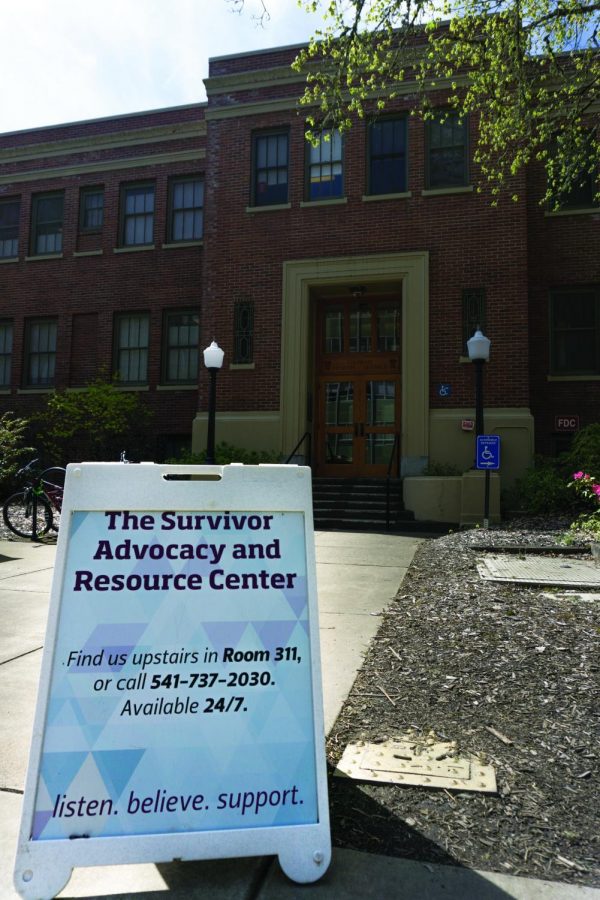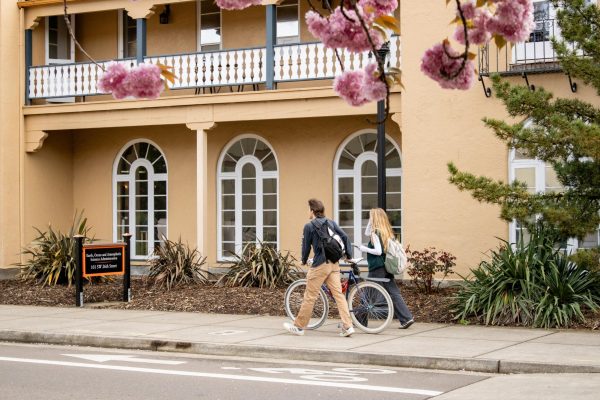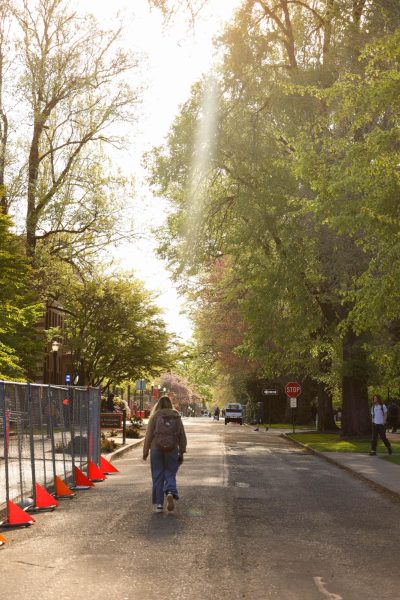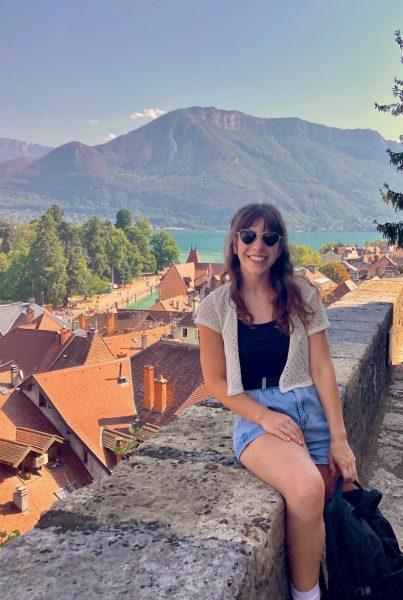Guest Column: Pledge to speak for survivors, not about survivors
April 24, 2017
When asked to write a guest opinion in an editorial for this edition of the Barometer that is focusing on sexual violence on college campuses, I thought of the myriad of topics that are so important.
Certainly the prevention of violence is paramount to the integrity and safety
of our community.
The prevalence of this travesty in our country and throughout the world cannot be ignored. And as a society, we must recognize that how we might respond to survivors by questioning, challenging and offering disbelief only contributes to the further victimization of injured people.
The issues surrounding this painful and voiceless form of injury and harm can lead any of us to a feeling of helplessness and paralysis similar, but not as great, as that experienced by the survivor of any form of betrayal violence, including sexual, relational and dating violence.
It is important that we remain in touch with our hope, our own vulnerabilities and our commitment to our fellow human beings. So I have chosen to speak of hope, of support, of listening, and of ‘voicing.’
A long time ago, a wise mentor told me that the real taboo in our country is not sexual violence itself, but our inability to talk about it. Silence has been the power behind the continued problem of sexual violence. Silence occurs for many reasons: fear of not being believed, fear of being blamed, fear of retaliation, and fear of further victimization. Silence also represents our fears that this could happen to us, and that we would not have any power to prevent it or resolve the impact of it. In fact, silence is the action, or lack of action, that is one of the perpetrators of this ongoing trauma.
When we can offer true support and strong belief in a friend, family member, or colleague, who has been injured and has then taken the very difficult step toward recovery, we can help to alter the impact. Through our support and belief in that person, we contribute to a path that is less bumpy and less scary.
We cannot take away from their pain or their injury. We can only be present with them, offer our support and most importantly compassionately try to understand what they have experienced, and listen to what they actually need from us.
And what they need from us does not require advanced skills in anything other than being willing to let go of your own beliefs about what did or did not happen, and to allow yourself to empathize, to understand their experience from their viewpoint, not yours.
Allowing survivors to speak from their voice can break silence. And to be heard by you as a credible and important voice. Your voice can contribute to helping others understand and engage. One voice alone can feel very daunting. Imagine what adding others voices to the conversation would feel like.
I have been around a while and the example I will next share is going to date me. I love the Beatles music. I also know that by hearing all four of those voices together was inspiring and so very satisfying. When they ended performing together, they each continued to sing their songs alone. And people listened. I often wonder if they had started by themselves would they have reached as many people and made such beautiful music that is still with us, and inspiring us today. I don’t think so. I think it was the strength of all of them ‘voicing’ that gave the strength to this one musical group.
Help be the voice. Take the challenge, the pledge to speak for survivors,
not about survivors.
Listen. Believe. Support.






















































































































